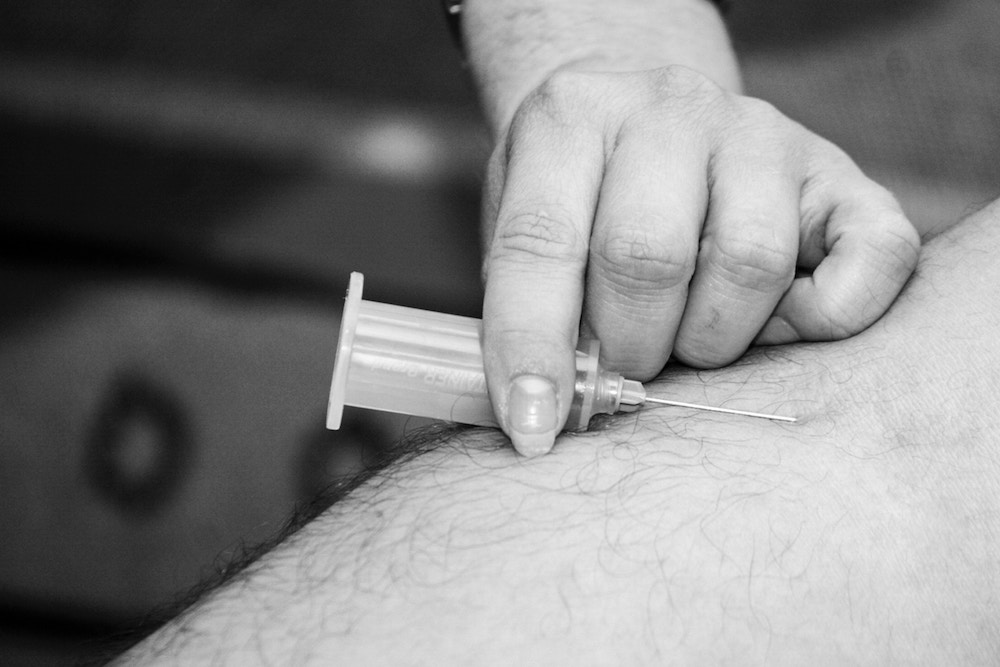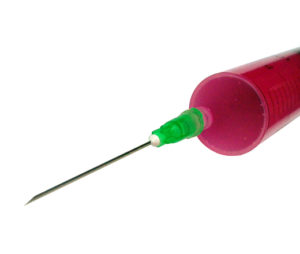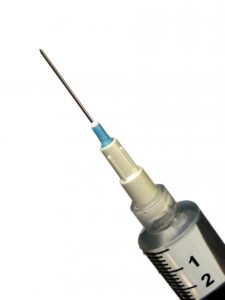
FDA Approval Does Not Guarantee Safety
In an ideal world, we’d all be safe to assume that medications that are vetted and approved by the U.S. Food and Drug Administration are reasonably safe for our use because they have been thoroughly tested. Of course, no drug or medical device is entirely devoid of risk, but at the very least, we expect to have a heads-up about any major side effects or complications so we can make an informed decision. But as alleged complications with arthritis drug Actemra illustrate, that’s not necessarily true. 
Actemra, which goes by the generic name tocilizumab, is an intravenous drug typically prescribed for treatment of rheumatoid arthritis. Manufacturer Roche explains it works by reducing inflammation. The drug is also approved for treatment of giant cell arteritis, a type of blood vessel inflammation of the scalp, as well as some forms of arthritis in juveniles.
Actemra was released in 2010 after receiving FDA approval. Prior that approval, there was concern expressed in internal debates about whether Actemra could potentially be the next Vioxx, which was another arthritis medication that initially seemed safe and quickly grew popular, but was ultimately yanked from the market by manufacturer Merck & Co. in 2004 amid safety concerns when research linked it to thousands of deadly heart attacks. Some in the FDA were concerned that higher levels of blood lipids that were identified might lead to a risk of heart problems over a period of time. However, those concerns were ultimately overruled when the agency agreed to approve the drug, but on the condition that Roche sponsor multi-year studies to monitor the potentially negative effects. Read More


